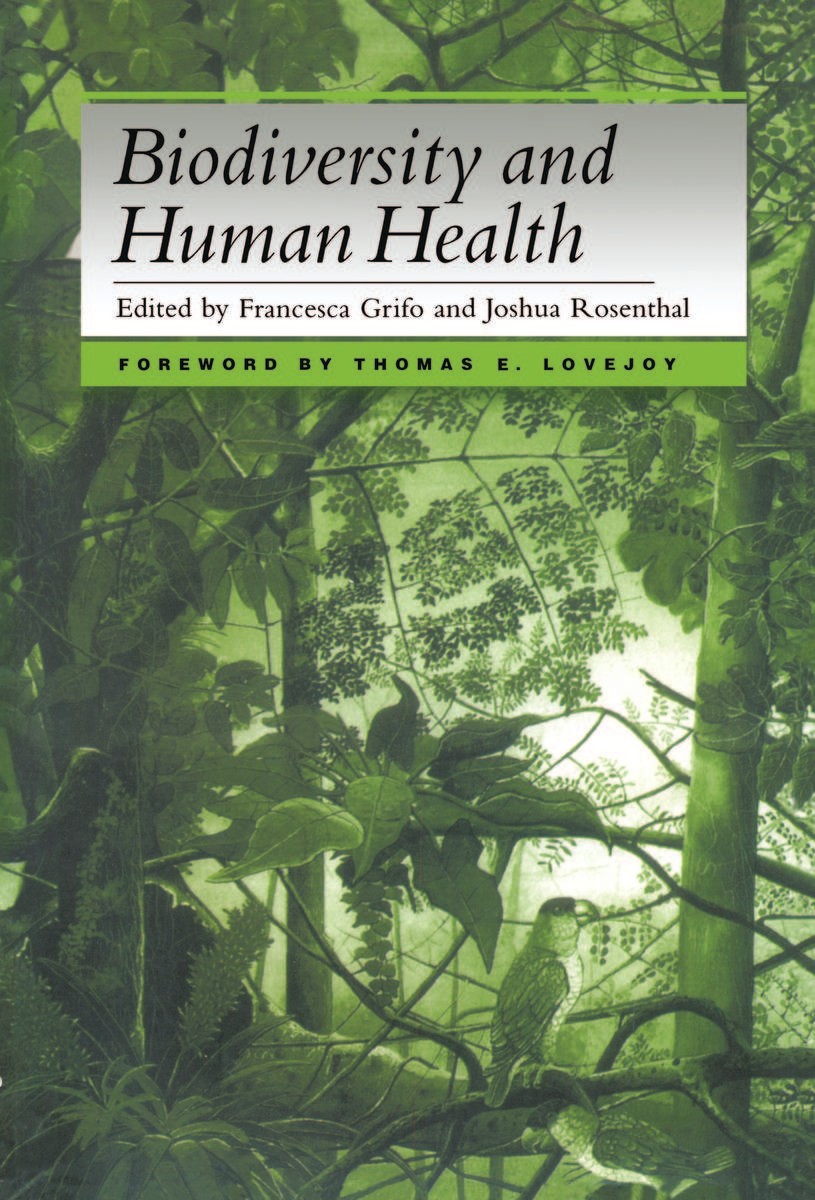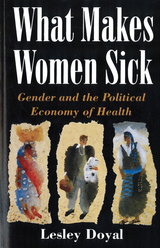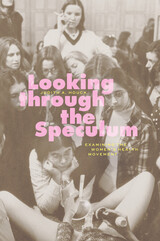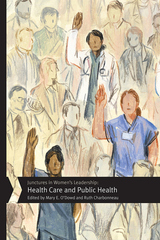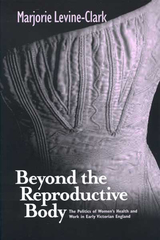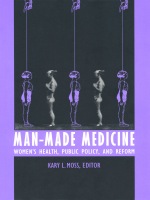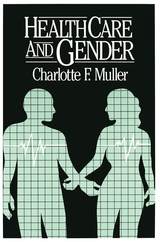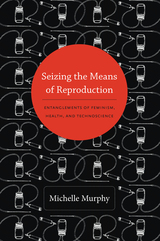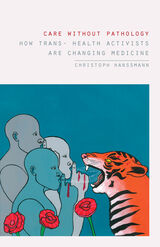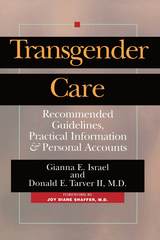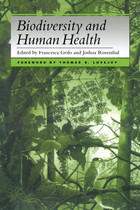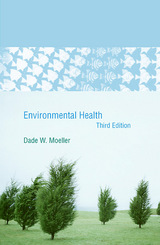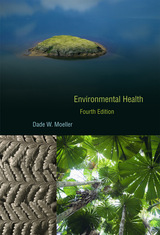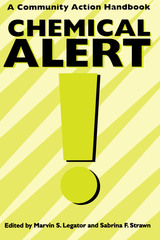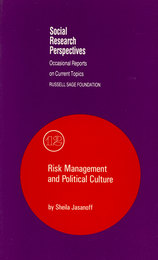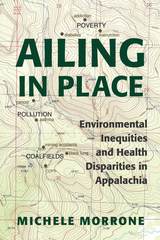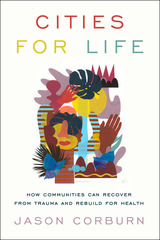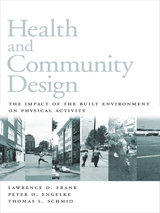Cloth: 978-1-55963-500-4 | eISBN: 978-1-61091-253-2 | Paper: 978-1-55963-501-1
Library of Congress Classification RA565.A2B56 1997
Dewey Decimal Classification 610
The implications of biodiversity loss for the global environment have been widely discussed, but only recently has attention been paid to its direct and serious effects on human health. Biodiversity loss affects the spread of human diseases, causes a loss of medical models, diminishes the supplies of raw materials for drug discovery and biotechnology, and threatens food production and water quality.
Biodiversity and Human Health brings together leading thinkers on the global environment and biomedicine to explore the human health consequences of the loss of biological diversity. Based on a two-day conference sponsored by the National Institutes of Health, the National Science Foundation, and the Smithsonian Institution, the book opens a dialogue among experts from the fields of public health, biology, epidemiology, botany, ecology, demography, and pharmacology on this vital but often neglected concern.
Contributors discuss the uses and significance of biodiversity to the practice of medicine today, and develop strategies for conservation of these critical resources. Topics examined include:
- the causes and consequences of biodiversity loss
- emerging infectious diseases and the loss of biodiversity
- the significance and use of both prescription and herbal biodiversity-derived remedies
- indigenous and local peoples and their health care systems
- sustainable use of biodiversity for medicine
- an agenda for the future
In addition to the editors, contributors include Anthony Artuso, Byron Bailey, Jensa Bell, Bhaswati Bhattacharya, Michael Boyd, Mary S. Campbell, Eric Chivian, Paul Cox, Gordon Cragg, Andrew Dobson, Kate Duffy-Mazan, Robert Engelman, Paul Epstein, Alexandra S. Fairfield, John Grupenhoff, Daniel Janzen, Catherine A. Laughin, Katy Moran, Robert McCaleb, Thomas Mays, David Newman, Charles Peters, Walter Reid, and John Vandermeer.
The book provides a common framework for physicians and biomedical researchers who wish to learn more about environmental concerns, and for members of the environmental community who desire a greater understanding of biomedical issues.
See other books on: Biodiversity | Biological diversity | Engelman, Robert | Environmental health | Human Health
See other titles from Island Press
